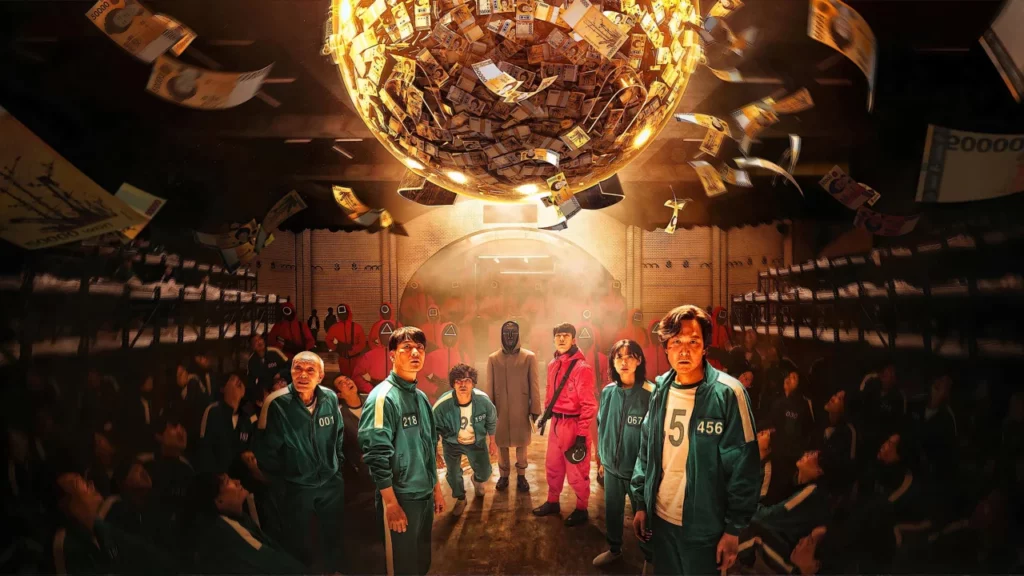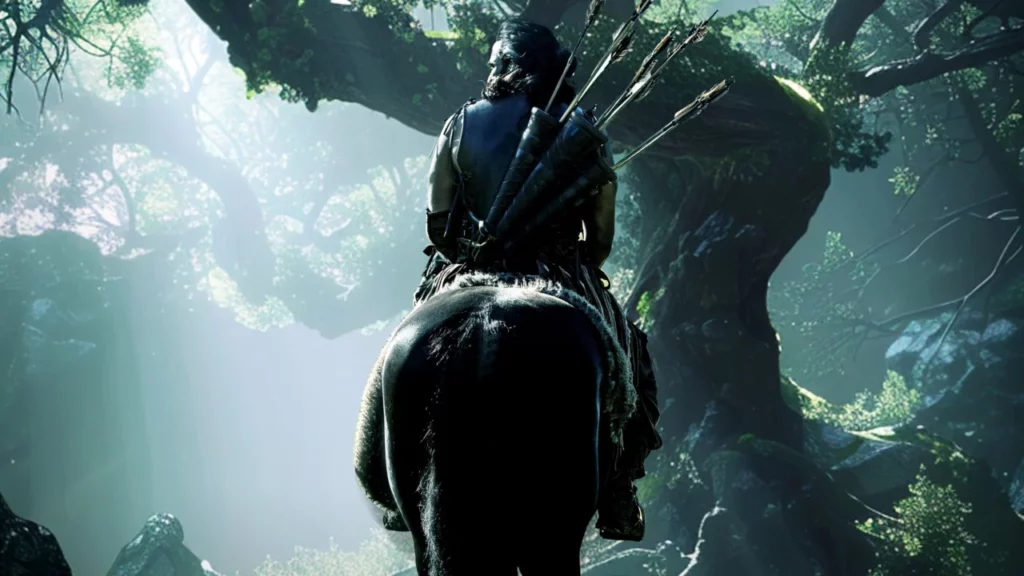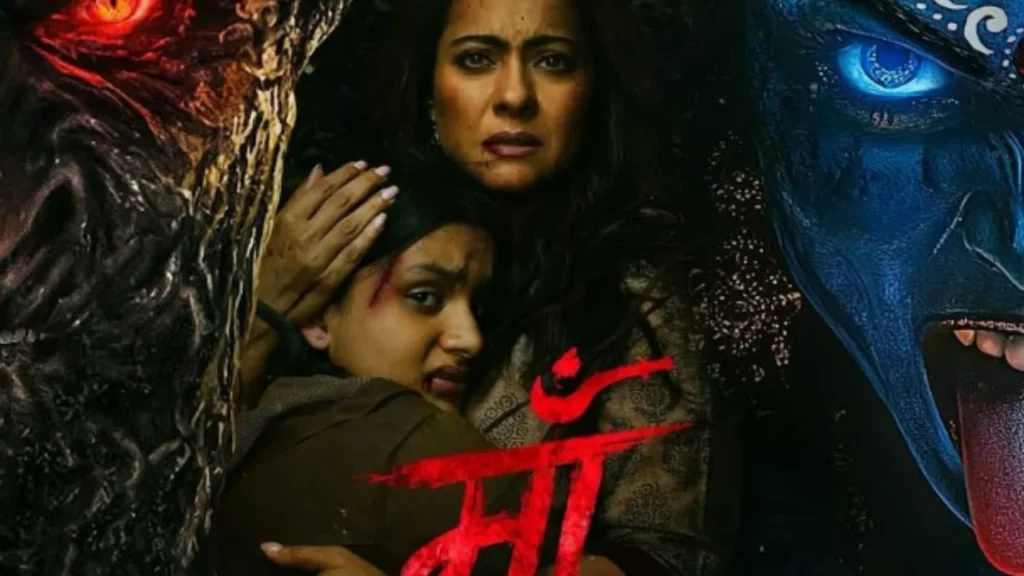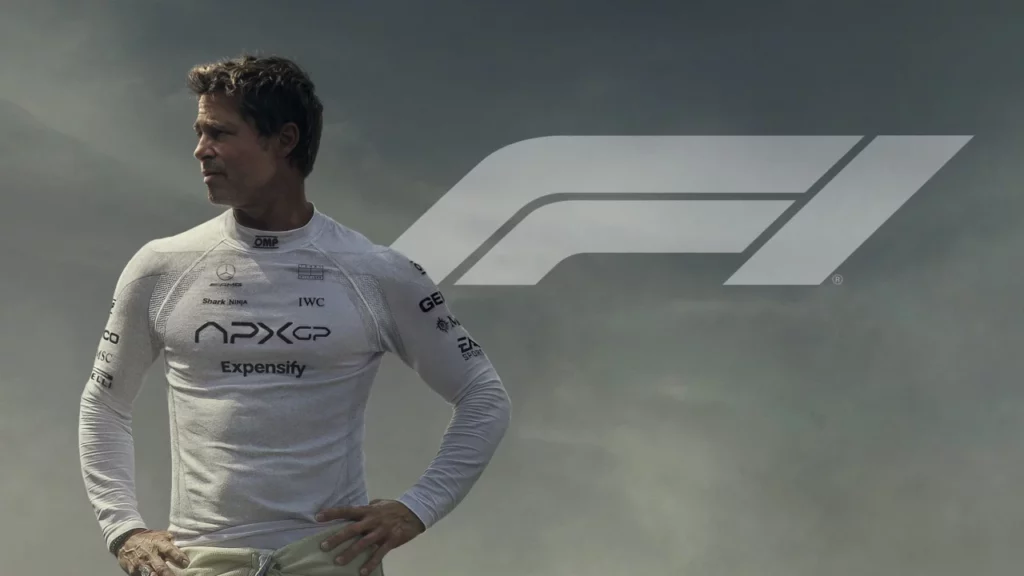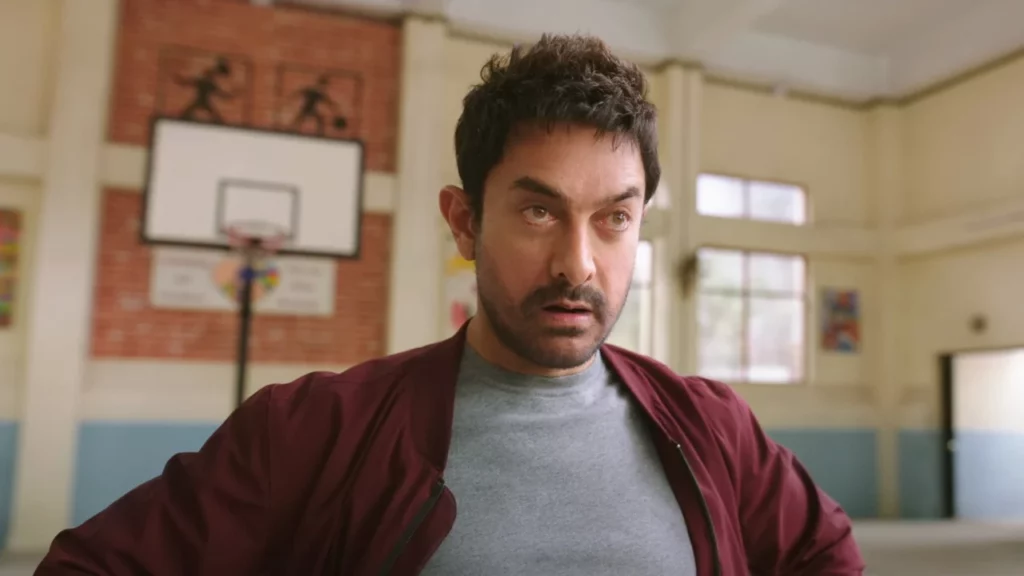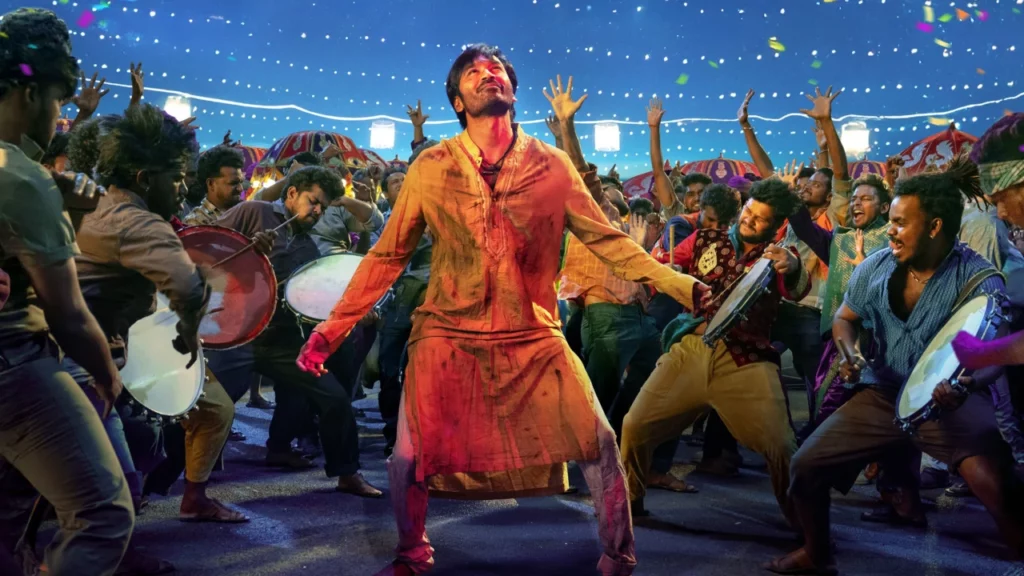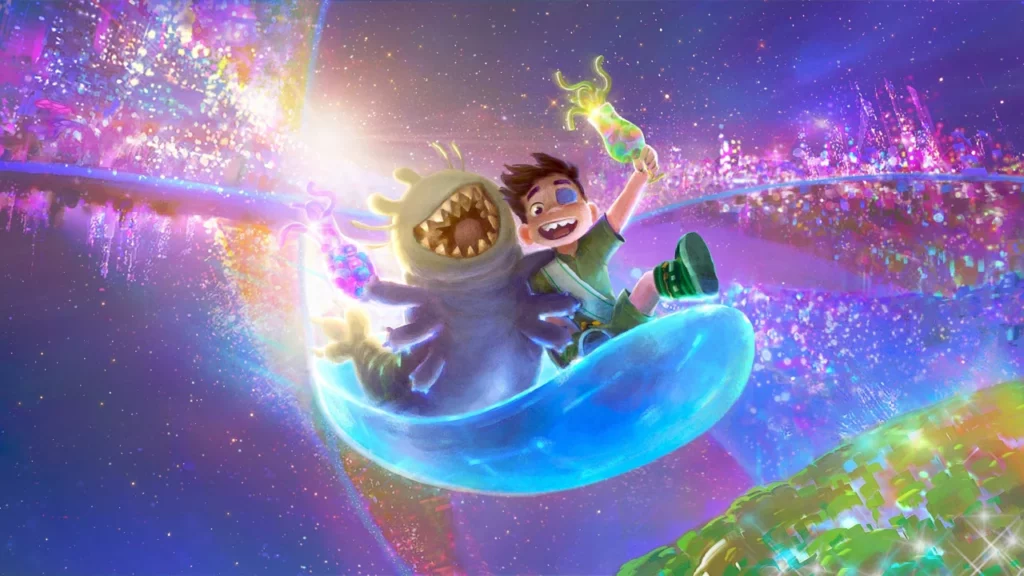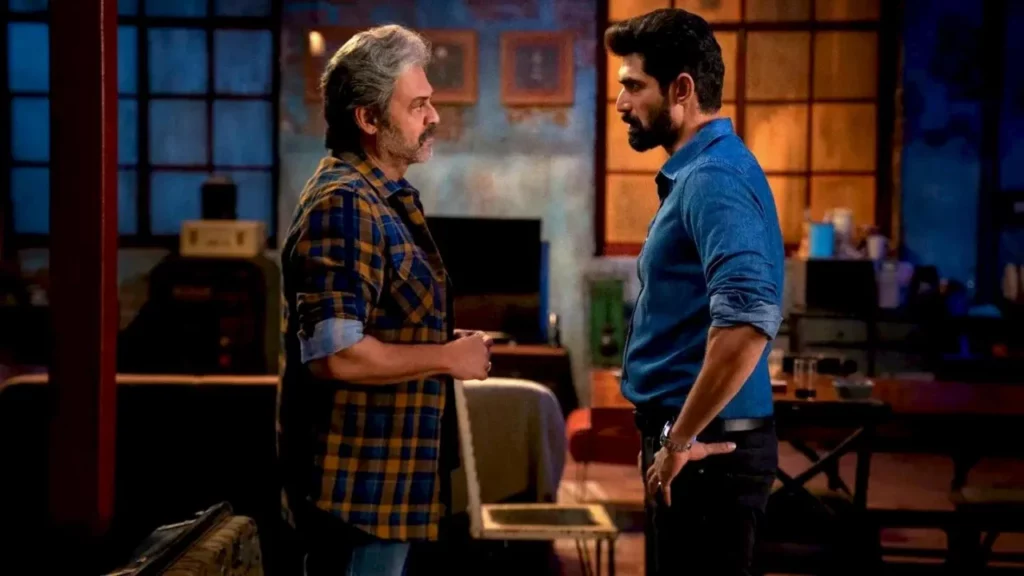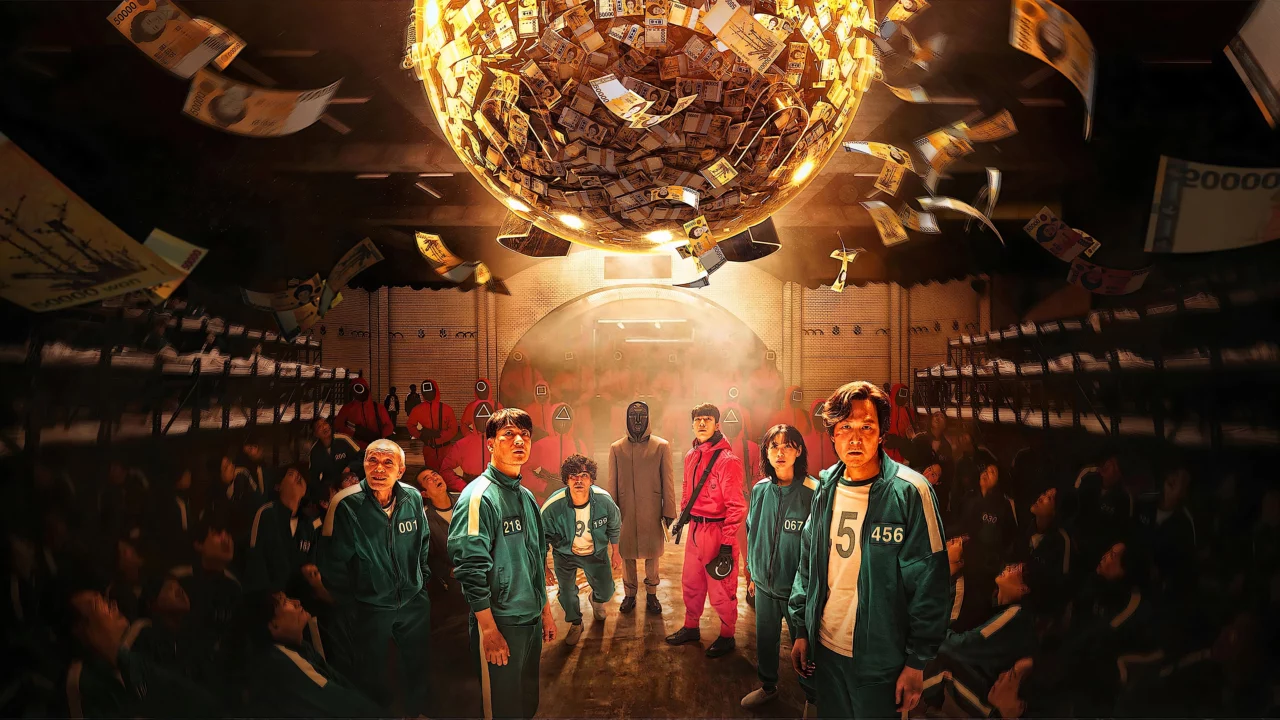
Squid Game Season 3 (2025) Web Series: Why it Proves Less Can Be More in Serial Storytelling
Netflix’s most-watched original series reaches its dramatic conclusion with Squid Game Season 3, marking the end of an era for the South Korean survival thriller that captivated audiences worldwide. Released on June 27, 2025, this final season brings back the core cast led by Lee Jung-jae as the tormented Gi-hun (Player 456), alongside Lee Byung-hun as the enigmatic Front Man, Wi Ha-jun as Detective Hwang Jun-ho, and HoYeon Jung reprising her role in flashbacks.
The six-episode finale promises to deliver the closure fans have been desperately seeking since the cliffhanger ending of Season 2. With production values that maintain the series’ trademark visual excellence and a storyline that dives deeper into the psychological trauma of survival, Season 3 positions itself as both a satisfying conclusion and a testament to the show’s cultural impact.

Plot and Storyline
Season 3 picks up immediately after the devastating events of Season 2, with Gi-hun at his lowest point following a failed rebellion, the death of his closest friend, and the revelation of a secret betrayal. The season explores the psychological aftermath of these losses while thrusting him back into the deadly games he desperately tried to escape.
The plot delves deeper into the Front Man’s complex motivations as he continues his dangerous double life, infiltrating the games while maintaining his position of power. This season reveals more about the organization behind the games, including the VIPs and the financial machinery that keeps this deadly entertainment running.
What makes this season particularly compelling is its exploration of cyclical violence and how trauma creates more trauma. The writers have crafted a storyline that doesn’t shy away from the uncomfortable truths about human nature under extreme pressure.
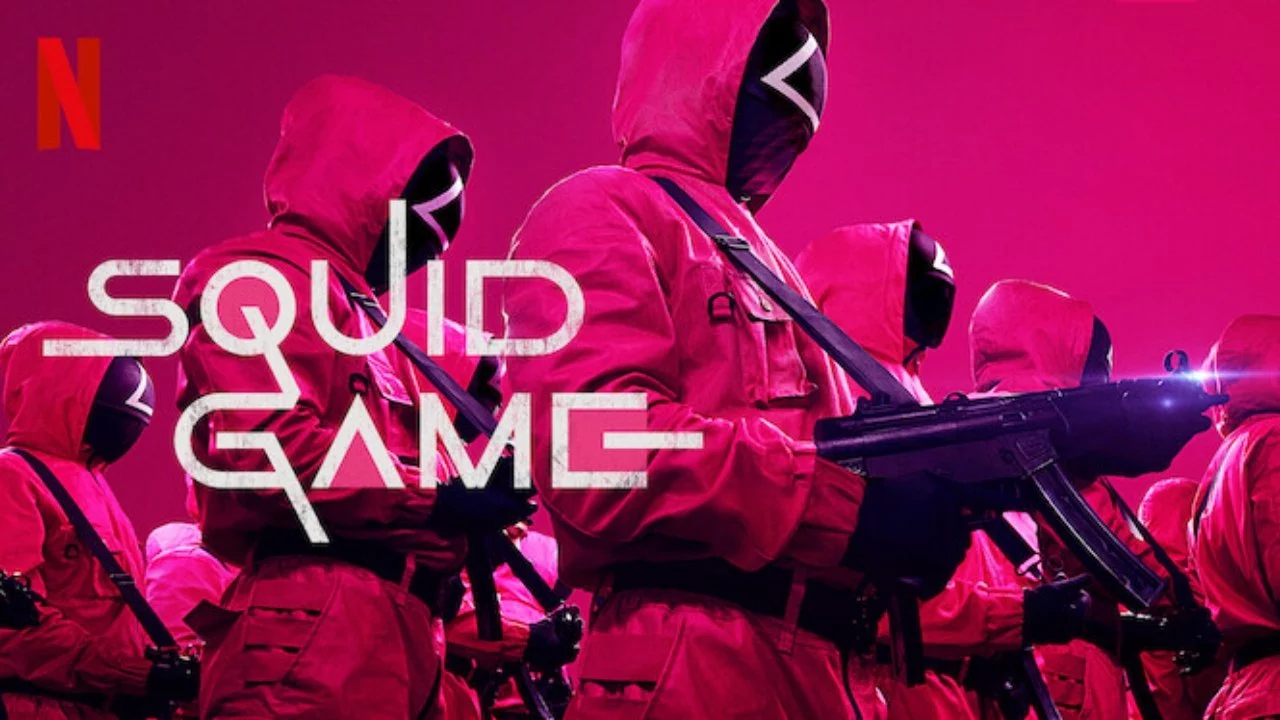
Cast Performance
Lee Jung-jae delivers what may be his most powerful performance as Gi-hun in Season 3, portraying a man who has lost everything but refuses to surrender his fight against the system. His portrayal captures the character’s psychological deterioration while maintaining the core humanity that made Gi-hun relatable from the beginning.
Lee Byung-hun continues to excel as the Front Man, bringing additional layers to a character who operates in moral gray areas. His performance balances the character’s cold calculation with moments of unexpected vulnerability, particularly in scenes that explore his relationship with his brother.
I found myself completely drawn into Jung-jae’s performance during the quieter moments where Gi-hun grapples with his choices. Wi Ha-jun returns as Detective Hwang Jun-ho with a performance that grounds the series in reality while providing a moral compass for the increasingly dark narrative.
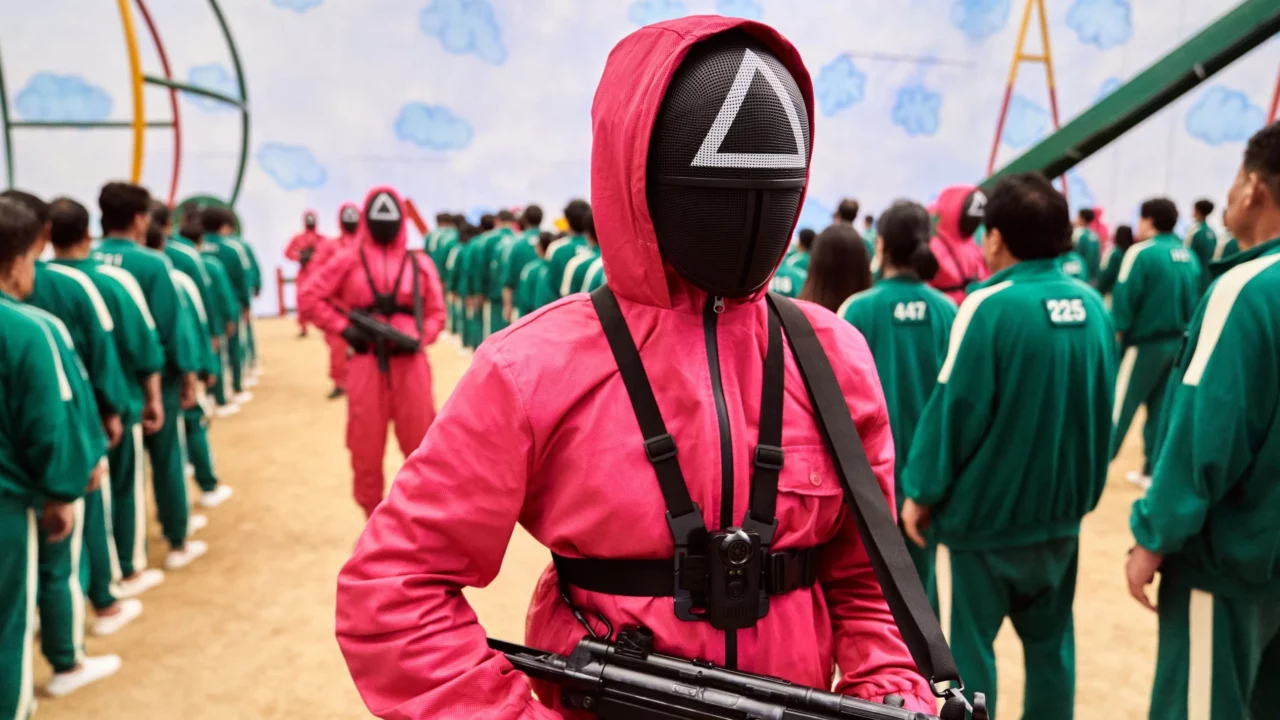
Visual Excellence and Production Quality
The visual presentation of Season 3 maintains the series’ high production standards while introducing new elements that reflect the story’s evolution. The iconic set designs return with fresh variations that keep the familiar games feeling new and threatening.
Cinematography captures both intimate character moments and large-scale action sequences with equal skill. The camera work during game sequences creates tension through careful framing and movement, while quieter character scenes use close-ups effectively to convey emotional states.
The costume design continues to use the green tracksuits and pink guards’ uniforms as powerful visual symbols while introducing new elements that reflect character development and story progression. Set decoration maintains the series’ ability to make childhood games feel menacing through scale and context.
Direction and Writing
Creator and director Hwang Dong-hyuk brings his complete vision to fruition in Season 3, delivering a finale that honors the series’ themes while providing narrative closure. His direction maintains the careful balance between social commentary and entertainment that made the series successful.
The writing successfully concludes character arcs that began in Season 1 while introducing new conflicts that feel organic to the established world. Dialogue remains sharp and purposeful, with conversations that advance plot while revealing character motivations and internal struggles.
I appreciate how Dong-hyuk’s handling of violence maintains the series’ approach of showing consequences rather than glorifying brutality. Each death carries emotional weight, and the series never loses sight of the human cost of the games.
Music and Sound Design
The musical score continues to support the series’ emotional journey while introducing new themes that reflect the season’s focus on endings and consequences. The soundtrack balances haunting melodies with moments of silence that allow the weight of events to resonate with viewers.
The use of children’s songs and playground sounds continues to create unsettling contrast with the violent content, reinforcing the series’ themes about lost innocence and corrupted childhood memories. The audio work during game sequences builds tension effectively while supporting the visual storytelling.
Critical Reception and Popular Reviews
Professional critics have responded positively to Season 3, with many praising the series’ ability to conclude its complex narrative while maintaining the quality that made it a global phenomenon. Metacritic assigned the season a score of 70 out of 100, based on 10 critics, indicating generally favorable reviews.
Early screenings have received positive reactions, with viewers noting the intensified storyline and heightened immersion compared to previous seasons. Critics have particularly noted the strong performances and the series’ commitment to its themes despite the pressure to deliver a satisfying conclusion.
Popular review sites have highlighted the season’s emotional depth and the way it handles character conclusions. Many reviews emphasize how the final season successfully balances fan expectations with the creator’s artistic vision, creating a conclusion that feels both inevitable and surprising.
Final Thoughts
Squid Game Season 3 succeeds as both a thrilling conclusion to a beloved series and a standalone piece of television that honors the themes and characters that made the show a cultural phenomenon. The performances, particularly from Lee Jung-jae and Lee Byung-hun, anchor the emotional journey while the production values maintain the visual excellence viewers expect.
While the series maintains its brutal honesty about human nature and social inequality, it also provides enough closure to satisfy viewers who have invested in these characters across three seasons. I believe this final season demonstrates that popular entertainment can tackle serious social issues without sacrificing emotional engagement or narrative satisfaction.
Rating: 4.2/5
